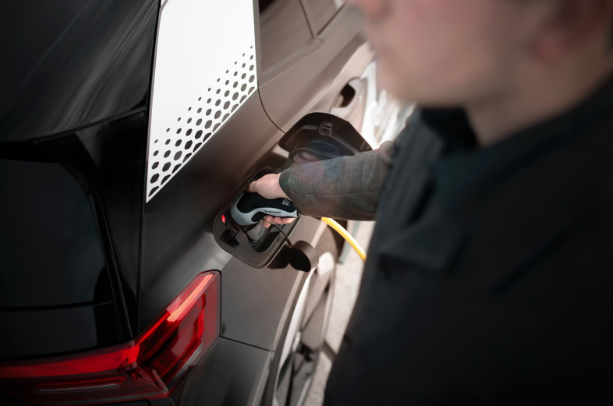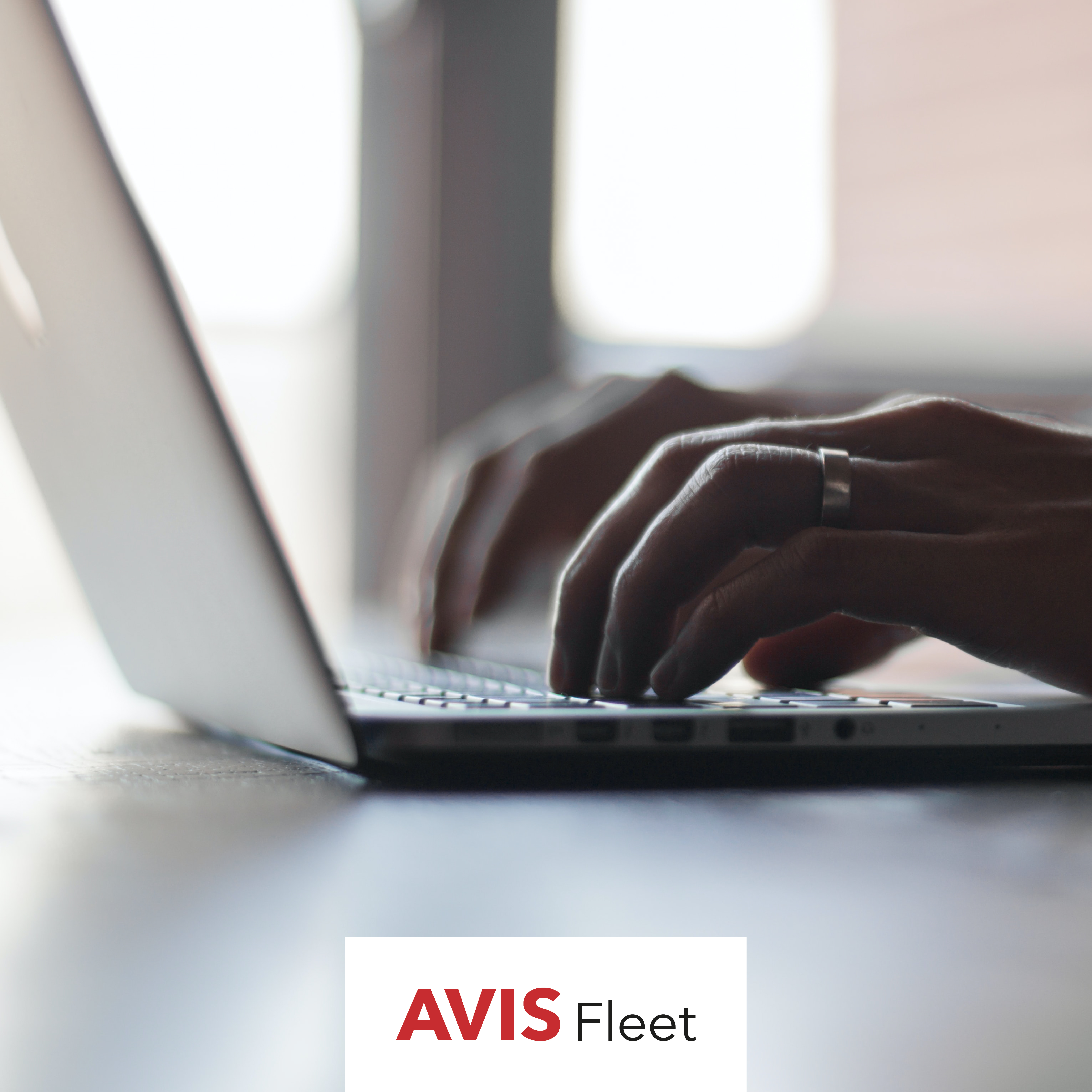Fleet management has to change with the times to ensure that companies always get the best offering available.
So Fleet Managers need to constantly make decisions on the types of vehicles in their fleets and the way they are managed. One of the decisions they have to make is between offering a company car for employees or providing a car allowance.

Company car or a car allowance?
When it comes to the differences between a company car and a car allowance, the decision will depend on different factors that take into account the needs of the business and what the vehicles are used for, among others.
In this blog, we take a look at trends in fleet management solutions and what the differences are between the various options.
The fundamental difference between the two is that with the company car option, the business fully covers the costs of insurance, financing, maintenance and in some instances, fuel – the company owns or leases the vehicle, but the employee is taxed for using the company car.
With the car allowance or travel allowance option, employees pay for the costs of insurance, financing, maintenance and fuel because they own the vehicle.
Keep these issues in mind
Previously, from a South African Revenue Service (SARS) and personal tax perspective, the car allowance option was the more favourable one for a company.
Companies chose it because it handed responsibility to employees who were given their package and could choose whatever vehicle they wanted. But since the change in SARS legislation, there is little difference between company car and car allowances.
Different factors for the benefits of a car allowance vs a company car
According to the TaxTim , the question of whether a car allowance is more beneficial (in terms of tax) than a company-provided vehicle comes down to a few factors.
These include the type of vehicle that is being offered and its value compared with the travel allowance that is offered. Employees who don’t use their own cars can make a saving in terms of wear and tear. A travel allowance is taxable at 80%, but employees can get deductions for business mileage if they keep a logbook.
Whatever option you prefer for your business – or if you want the options of a company car and a car allowance in your company depending on its business policy – the individual needs of employees and their role in the company and the needs of the business, Avis Fleet will tailor the solutions to your needs.
Find out how to use our fleet management solutions to optimise your business processes or contact us directly with your questions.





